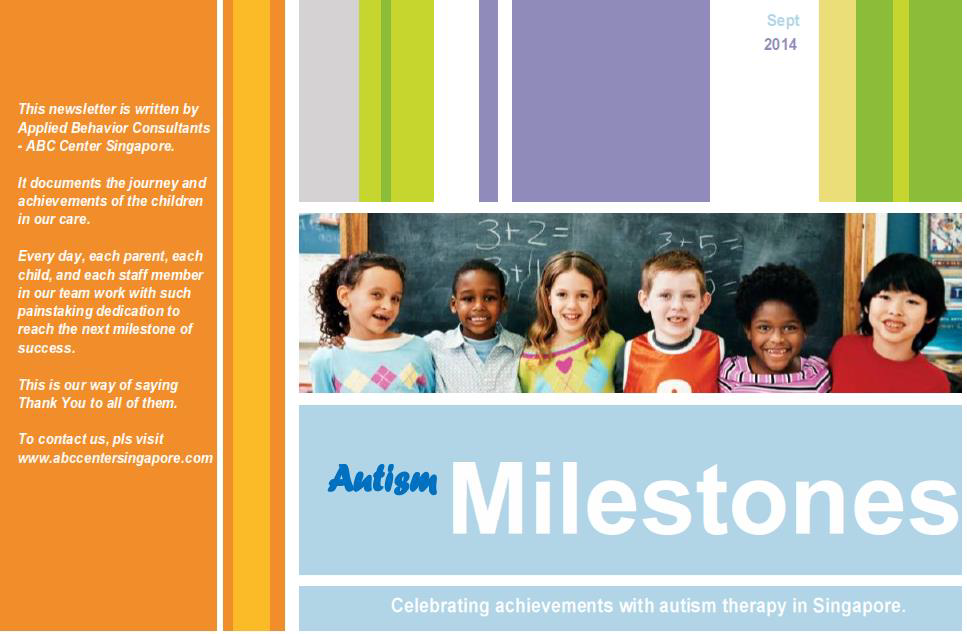
When David* was 22 months old, he was diagnosed with Autism. Today, after two years of hard work, therapy and dedication, his mother can finally say what other parents dream of – David is no longer in the Autism Spectrum. Now at 4 years old, he will start his school life as a regular kid, going to mainstream school with same age peers.
We speak to Mrs. H, David’s mom, and to Ms. Hui Ling Loh, BCBA, Clinical Site Administrator of ABC Center Singapore on this spectacular journey.
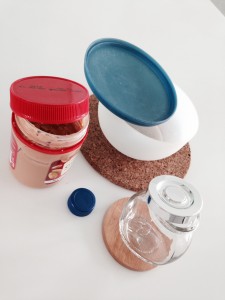
David would spin all things circular/ lids/ rings as a form of self-stimulatory behaviour.
When David was very young, what first gave you indication that something was ‘wrong’?
Mom: Like all parents, we expected David to make eye contact, wave bye bye, start speaking and generally acquire new skills as time progressed. However, his progress seemed to be very slow and he started to become obsessed with circles/lids/rings which he would spin and watch closely. He could spend all day doing just that if we didn’t stop him.
He also didn’t speak and didn’t seem to understand us at 18 months old. So I had a small voice in my head that wondered if David had autism. One day, his teacher at playschool approached me casually, while David was playing (inappropriately) with the lids, telling me that children with autism play that way. I am grateful to that teacher for being brave enough to say something, because that, along with my gut feel, led me to speak to doctors when he was just 18 months old.
HLL: David exhibited the usual indications of being in the autism spectrum. Fortunately, his parents noticed it early and acted quickly, rather than taking a wait-and-see attitude. The earlier you start intervention, the higher the chance of success. This is a big component of David’s success story.
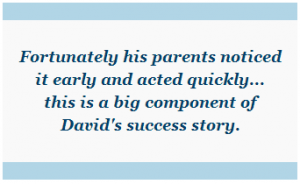 How did you feel when he was diagnosed with autism? It must have been a difficult time?
How did you feel when he was diagnosed with autism? It must have been a difficult time?
Mom: I was devastated and felt lost. I was scared of what David’s future life would be like. I had so many questions and was sad that David would not lead a typical life. Although there was a lot research on autism in recent years, there was no proven cure. I also felt that there might be some stigma attached to it, so I kept the news to only close friends and family.
How did you decide what kind of therapy/ies were needed by David?
Mom: We saw specialists in three cities – HK, Singapore, and New York. On top of speech and occupational therapy, the NY doctor highly recommended ABA (Applied Behavior Analysis). Before seeing the NY doctor, a friend recommended a book (Let me Hear Your Voice: A Family’s Triumph Over Autism, by Catherine Maurice) which speaks about the effectiveness of ABA. It gave me a glimmer of hope that ABA could work for David too.
I hadn’t heard of children losing their autism diagnosis before this book, so it seemed extremely remote and unique to this lucky family. But it gave me hope, which was more than enough in that time of desperation and sadness. I felt ABA was the best therapy for autism and David needed it to have a fighting chance.
Why did you choose ABC Center Singapore as the behavior therapy center for David?
Mom: I knew from the book that it had to be a well-planned therapy program with ABA at the core. We consulted a leading specialist in Singapore who told us that ABA programs for toddlers may be limited in Singapore, but told us about ABC Center where it was available.
We knew from the first meeting that ABC was the right place. Firstly, it gave us comfort that the Center was from the US with BCBAs overseeing the program. The Center is run professionally and the technicians seemed to care for the children and were also very competent.
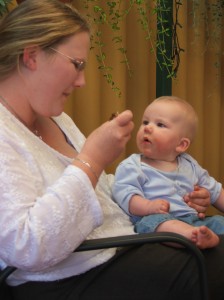
David joined ABC Center’s Infant/Toddler Program, a program globally developed by Applied Behavior Consultants USA to use ABA on very young children with limited skills given their age.
HLL: We were delighted to have David join us. At 22 months, he fit right in our Infant/Toddler Program. This program was developed globally by Applied Behavior Consultants USA, using ABA (Applied Behavior Analysis) on very young children with limited skills given their age. It is very specialized. We are honored to be among the few who can do this.
How was David when he first started therapy? What could he do…and not do?
Mom: David started at ABC Center in February 2012. At that time, he did not make eye contact with people, could not wave bye bye, rarely communicated his wants (gesturing in place of speaking) and was obsessed with rotating objects. We could not have lids on anything and had to hide all circular toys because he would spin them. Because he was obsessed with spinning round objects, he was not able to learn naturally from the environment like typical toddlers.
HLL: David’s skills then were assessed to be that of a 12-15 month old, a year behind his biological age. He could only make monosyllabic sounds, and could not imitate sounds of other people, which is a prerequisite for speech. His spinning of objects was a form of self-stimulatory behavior. He could not respond to simple ‘yes/no’ questions. There was a lot of work to be done, but since his behavior was typical of many of the children in our care, we knew we could help.
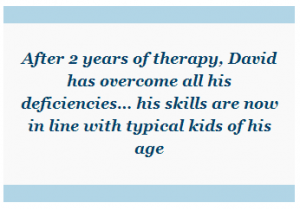
Contrast that to David today… after having ‘graduated’ from ABC Center?
Mom: Words cannot describe the progress he’s made. It is night and day with no exaggeration. He does not stop talking, making observations about things around him and asking questions. He learns from the natural environment. Every day, he surprises us with a new phrase or vocabulary or concept that wasn’t explicitly taught to him. I am so thrilled and so grateful that David, just like the children in “Let Me Hear Your Voice”, was able to lose his diagnosis.
The book mentions the first breakthrough — when the child greeted by saying, “hi daddy”. When I read that in 2011, I thought “how I wish David would say that.” Today, we almost take for granted when he greets us. I sometimes think back to how he was just 2 years ago, which feels like a lifetime ago, and I can’t believe all that he has achieved through ABA.
HLL: David graduated with us at 4 years and 3 months. He has lost his autism diagnosis and his skills are now in line with typical kids of that age. Over the 2 years of therapy, he overcame all his deficiencies (in speech, fine and gross motor skills, socialization, and all other aspects). He now fits right into a mainstream school with same age peers.
How did ABC Center help enable this progress?
Mom: I think the center is well run with highly competent staff who design the program catered for each child, and technicians who are competent to implement the program. I think David was successful because he loved all the technicians who he worked with (and they loved him back). I could see from the weekly theme and craft projects he brought home that the staff were creative and designed the teachings based on David’s interests – like Frozen, Mickey Mouse Club, Superman….
As a parent, I fully agree with the ABA structure of repetition and measuring the progress. The daily notes were helpful to understand what skill he was working on so that we could reinforce it at home. The quarterly meetings were invaluable to track David’s progress and exchange feedback with the BCBA.

HLL: The ABC Program uses ABA and focuses on ensuring we quickly generalize skills learned. Generalizing means that what they learn during the session is quickly applied into a more natural environment. I know, its technical speak (smiles). We do this through our unique 5-step REAL (Recreating Environments to Accelerate Learning) process which is a core part of our program.
… that’s more technical speak….
HLL: I know, sorry. With David, his program started with gross motor imitation, object imitation, following instructions and teaching speech both through vocal imitation as well as through PECS (Picture Exchange Communication System). As always, we are very databased in determining how to progress his lessons…. and now here we are!
Did ABC do this alone, or were there other people involved?
Mom: Beyond ABA therapy at ABC Center, David also received speech and occupational therapy. In addition, my husband and I attended training sessions for parents to learn how to help David communicate. Our helper also watched therapy sessions so that she could continue the learning at home. I think David’s success may be attributable to the intense number of therapy hours and ongoing application of the techniques at home.
HLL. A lot of credit goes to David’s parents. They were clearly on top of his program. They attended our 8 week parent training so they knew what needed to be done at home to ensure consistency of approach. They were very engaged whenever we had our Progress Report meetings, and would openly discuss what they wanted to achieve.
I also give a lot of credit to the ABC Behavior Analysts and Technicians. We are a global company with very strict qualification and training, which our folks here in Singapore consistently meet (and go beyond). They are very skilled and very data-based. But beyond that, they put so much dedication and ‘heart’ into their work. They themselves get very excited (and sometimes so touched they get teary-eyed) when they see children like David achieving milestones.
How did you feel when you were finally told he has lost the autism diagnosis? Were you surprised?
Mom: We could not believe it and it took a few weeks for the news to sink in. We were not very surprised, because it was evident that David was losing the symptoms (he had long stopped spinning anything) but we didn’t expect the news to come this soon. It is still unbelievable that he is done and that we, as a family, are done. It has been such an emotional journey. We are still cautious about it and learning to live life without a full schedule of therapy.
HLL: I was very very happy. We are so proud of David! I must say I was not surprised he lost the autism diagnosis. He made such good progress in such a short amount of time that we expected this to happen. But to get it finally confirmed just made us feel ‘over the moon’!
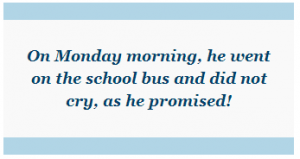 So David is now going to big school. How do you feel? And how is he doing?
So David is now going to big school. How do you feel? And how is he doing?
Mom: David is in nursery at an International School. The biggest transition for him is riding the school bus. The first two days of school, he had to be forced onto the bus and he cried. But last Saturday, I spoke to him about how his crying makes me sad and asked him to promise not to cry on the bus.
He promised and so far he has not reneged on it. He says that he wants me to join him on the bus but he understands that it is a silly request as he pointed out that the (small) bus is for kids. I’m hopeful that there will be no tears at the bus stop tomorrow. Whatever happens, what I’m most grateful about is the fact that I can have this 2-way conversation with him.
(Mom emails us after this interview): On Monday morning, he went on the school bus and did not cry, as he promised!
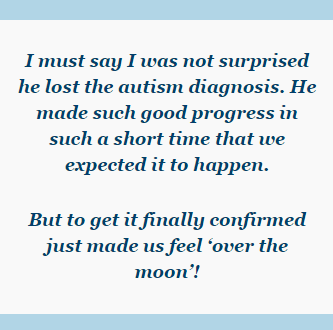 Mrs H, any parting words to the folks at ABC Center?
Mrs H, any parting words to the folks at ABC Center?
I still remember the first time we met with Hui Ling about enrolling David at ABC. She and everyone at the Center were so supportive and over time, gave me assurance that David will graduate from the program. I also recall how his doctor in HK told me that it will be 2-3 years of hard work but all worthwhile. I had no idea what we had ahead of us then, but like that doctor said, in the grand scheme of things, 2-3 years is nothing.
We are so grateful that we had ABC Center as a resource, and for the supportive and nurturing environment David had. While he received a lot of other therapy besides ABA, I truly believe that ABA was the reason for his recovery and the other therapies complimented ABC Center’s program. I hope that other families will be inspired by David’s success story. I hope that even more families out there struggling with news of a diagnosis like autism will hear about ABC Center and receive the help their child needs.
HLL, any parting words to David and his family?
To Mr. and Mrs. H, your support for David, and for our program, and your hard work and dedication, have all been big parts of his success. You should feel proud of your son. Thank you and best of luck.
To David, we want to come and see you again one day. I want you to remember the time you spent here with us at ABC. But even if you don’t, and you have moved on and have made new friends in your new life, you should know that we are very, very happy and very, very proud of you!!!
Words cannot describe the progress he’s made. It is night and day with no exaggeration….–Mrs. H
David, I want you to remember the time you spent here with us at ABC. But even if you don’t, and you have moved on and have made new friends in your new life, you should know that we are very, very happy and very, very proud of you!!!
–(HLL)
To contact ABC Center (Applied Behavior Consultants) Singapore, please see www.abccentersingapore.com. Or call (65) 94236248.


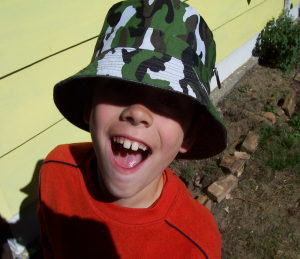
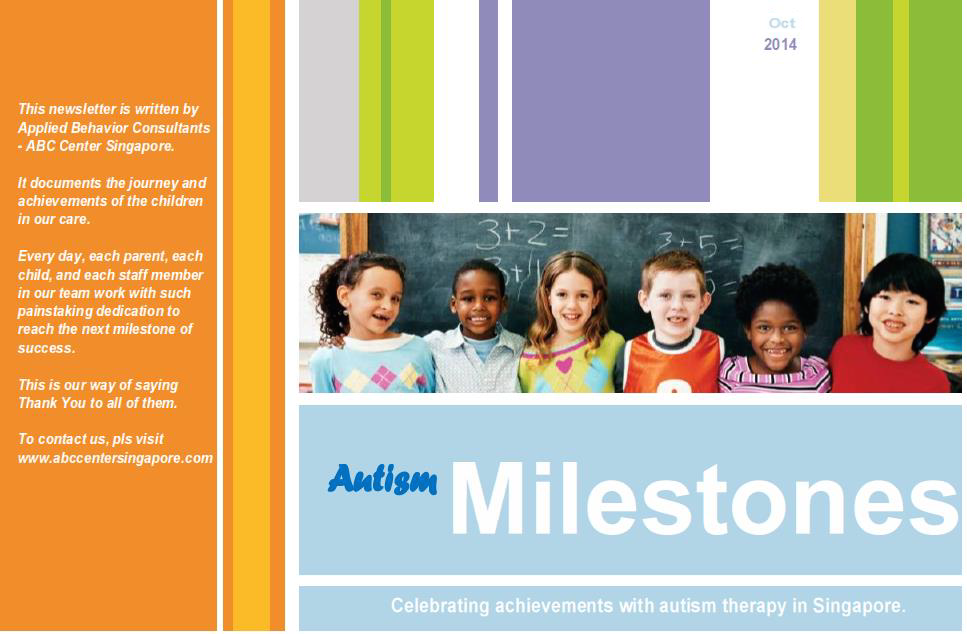
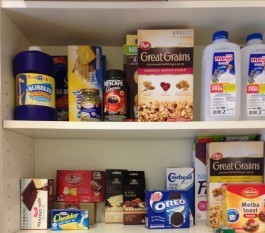
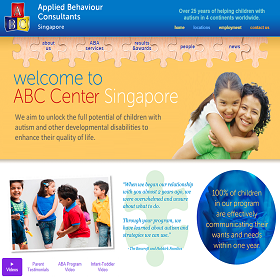
Leave a Reply